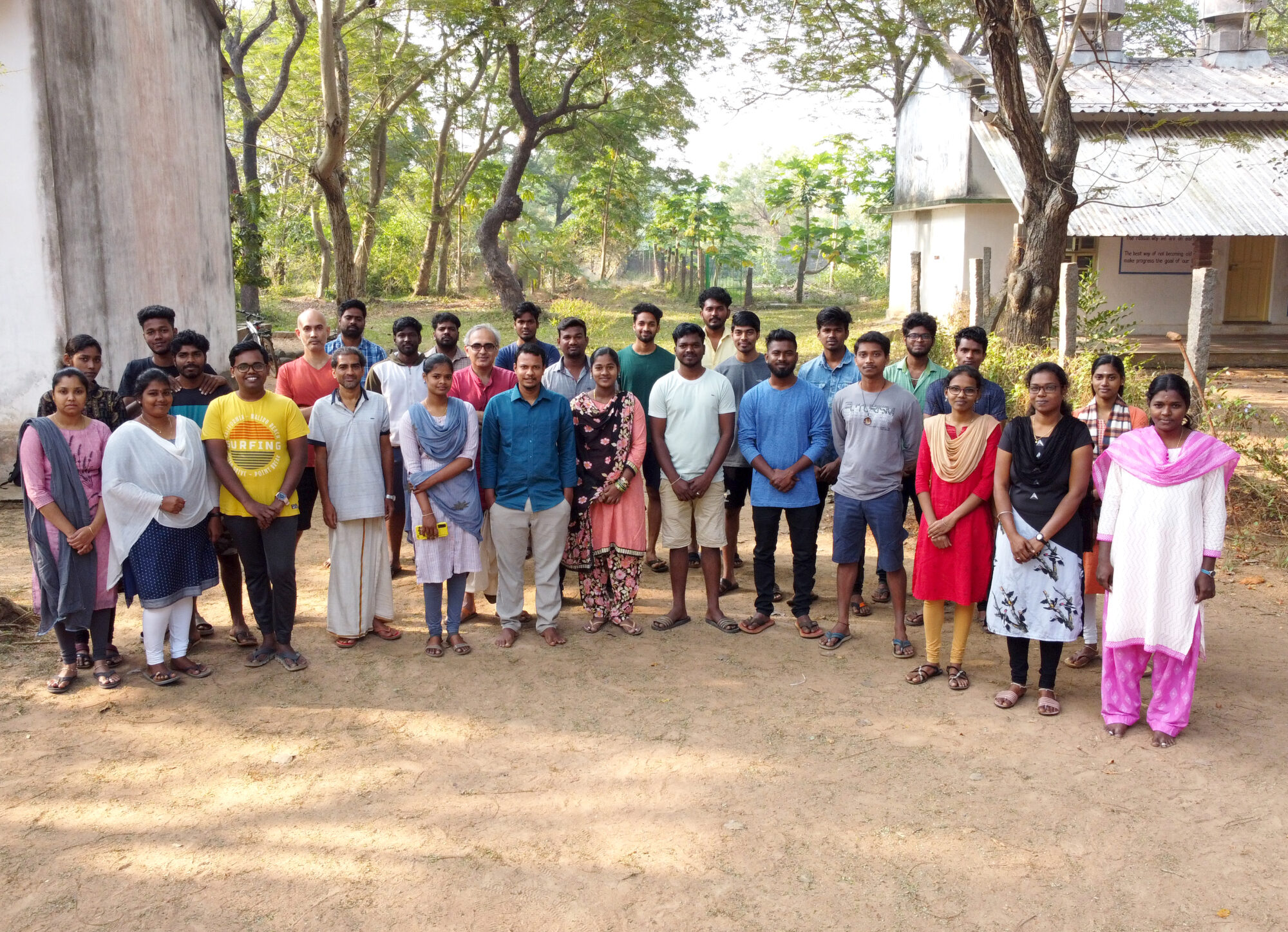~Ganesh
C3STREAMLand conducted a course on Machine Learning for learners. The course was divided into six 2-hours sessions. The motive behind the course was to make learners familiar with the most widely used machine learning concepts and algorithms, being adopted rapidly by many tech companies.
The course was offered by Alex, Sanjeev, and Ganesh, as a part of sharing our learning with the machine learning enthusiasts. Sanjeev and I (Ganesh) did the course on Coursera offered by Stanford University and taught by Andrew Ng, the co-founder of Coursera and Google Brain. Alexander Sokolov (Alex) converted the assignments from Octave to Python to make them accessible to everyone.
The course provided a broad introduction to machine learning, data mining, and statistical pattern recognition. Main topics include:
- i) Supervised learning (parametric/non-parametric algorithms, support vector machines, kernels, neural networks).
(ii) Unsupervised learning (clustering, dimensionality reduction, recommender systems, deep learning).
(iii) Best practices in machine learning (bias/variance theory; innovation process in machine learning and AI).
Session-wise topics covered are as follows:
Session 1: Introduction and Linear Regression
- Introduction – Machine Learning
- Basic concepts of statistics and linear algebra
- Examples and classifications of Machine Learning
- Univariate and multivariate Linear Regression
- Cost function
- Gradient descent
- Polynomial regression
- Feature scaling and mean normalization
- Bias-Variance Trade-off
Session 2: Logistic Regression (Classification)
- Decision Boundary
- One-vs-all classification
- Overfitting and Regularization
Session 3: Neural Networks
- History and use cases
- Architecture
- Forward propagation
- Backpropagation
- Handwritten digit recognition system demo
Session 4: Anomaly Detection and Recommender Systems
- Density estimation
- Gaussian distribution
- Anomaly detection algorithm
- Recommender Systems
- Predicting movie ratings
- Collaborative filtering
Session 5: k-means clustering and Dimensionality Reduction
- Clustering applications
- K-means clustering algorithm
- Data Visualization/compression using dimensionality reduction
- Principal component analysis (PCA)
Session 6: Large Scale Machine Learning
- Batch gradient descent
- Stochastic gradient descent
- Mini-batch gradient descent
- Online learning
The course helped learners to get the idea about widely used machine learning algorithms and maths behind those algorithms.
The session-wise presentation PDFs can be accessed here:
https://drive.google.com/drive/folders/1O-kTcAGFvEdX7_jJ0fn-6rKaLtEGxFmh?usp=sharing

